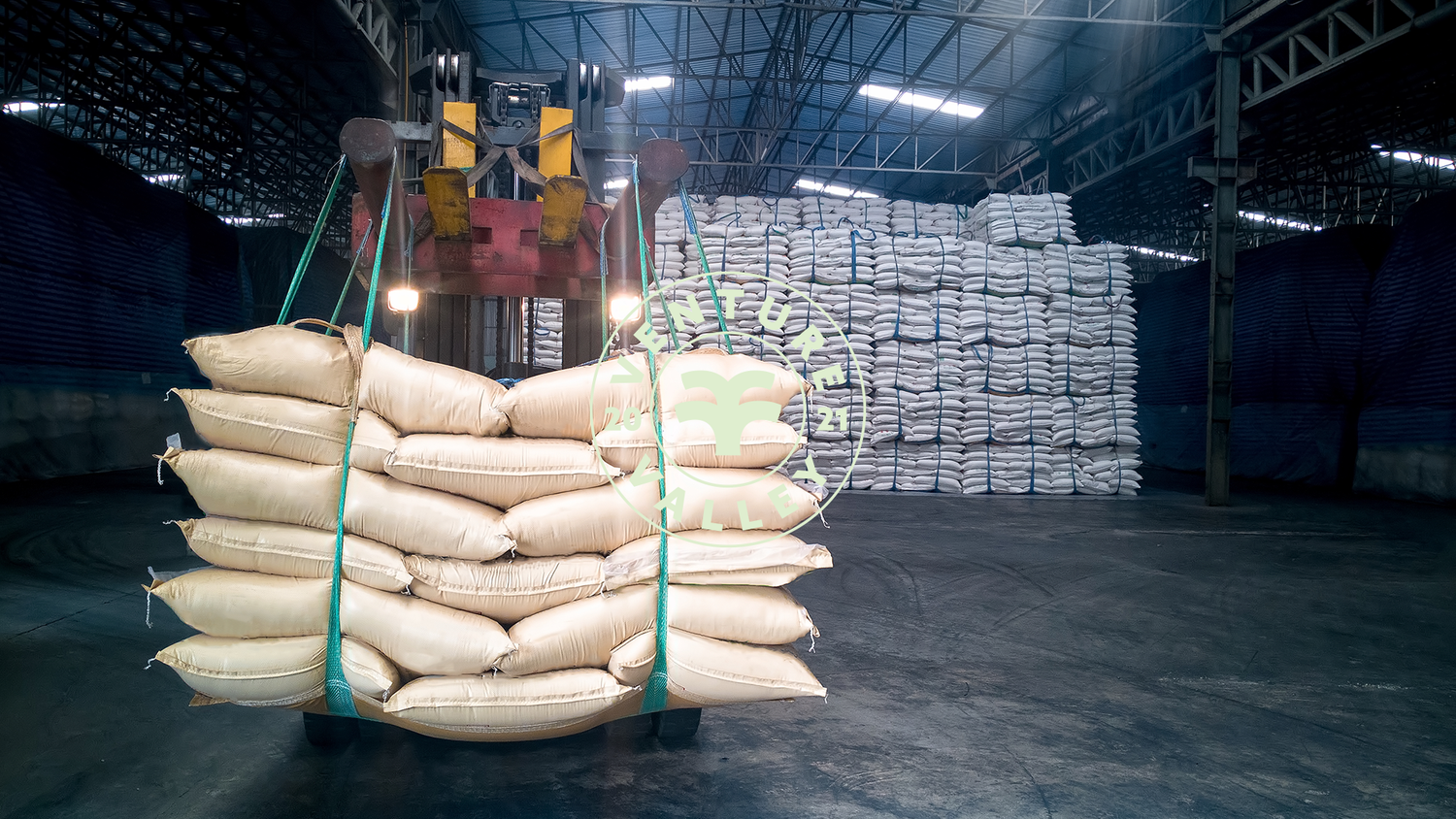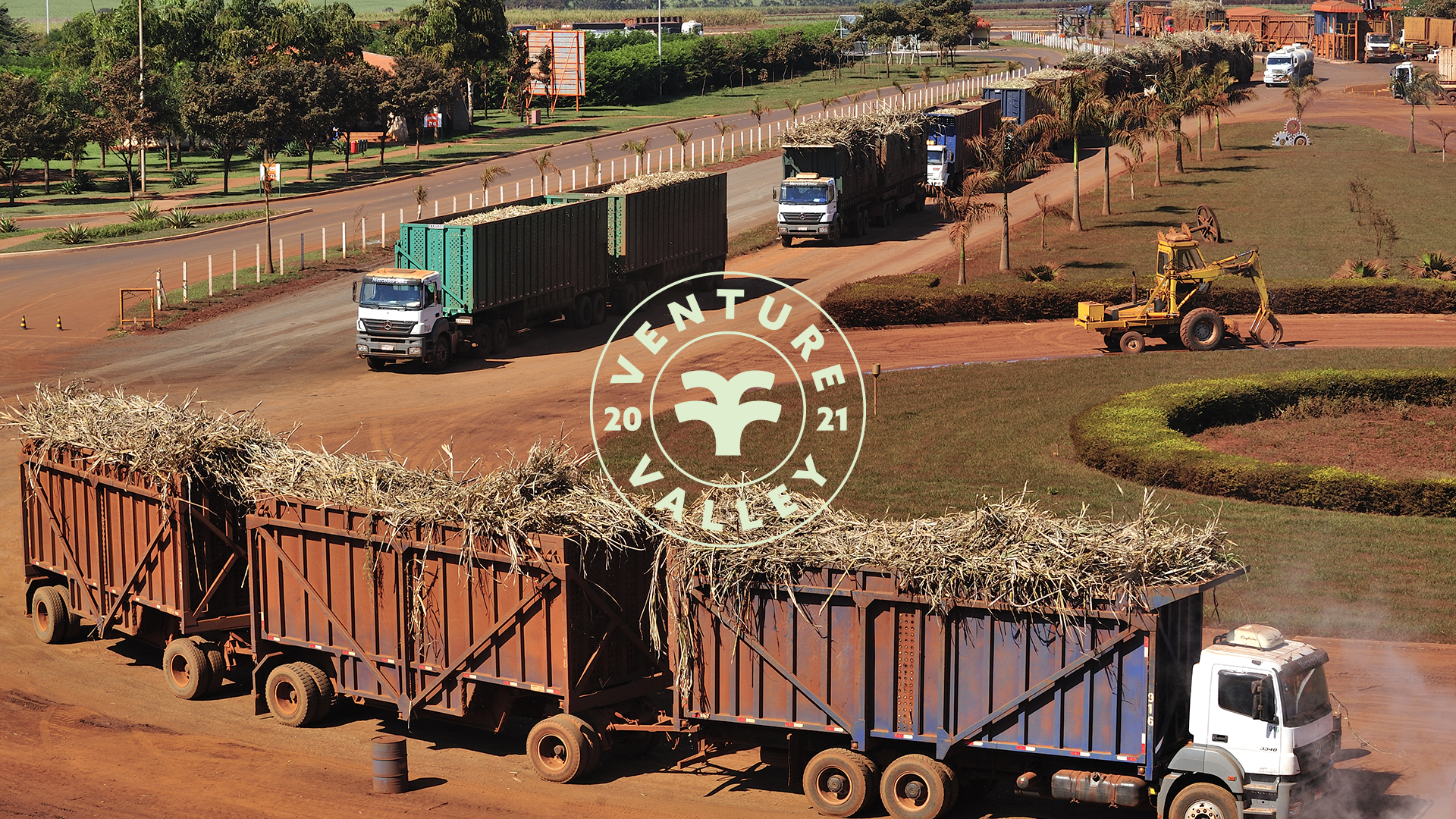How to Choose the Right Sugar Supplier in Brazil: A Comprehensive Guide
Brazil, as one of the world's leading sugar producers, is a hub for businesses looking to source sugar. The vast sugarcane fields and sophisticated production methods have made Brazil a favored destination for global importers. However, the sheer number of suppliers can be overwhelming. This article offers insights on how to navigate this vast marketplace and select the right Brazilian sugar supplier.
1. Understand the Market Dynamics
Before diving into the selection process, familiarize yourself with the Brazilian sugar market:
- Production Regions: The São Paulo state is a major producer, but there are other regions with significant outputs.
- Types of Sugar: Know the difference between raw, refined, and white sugar, among others.
2. Certification and Compliance
Ensure potential suppliers meet international quality standards and are compliant with regulations:
- ISO Certification: A recognized standard for quality management.
- Fair Trade: If ethically sourced products matter to your business, look for Fair Trade certified suppliers.
3. Track Record and Reputation
Research potential suppliers' history and market reputation:
- Client Testimonials: These can offer insights into the supplier's reliability and quality.
- Years in Business: Longevity often suggests experience and stability.
- Online Reviews: Websites like Trustpilot or industry-specific forums can provide valuable feedback.
4. Scale of Operation
Depending on your requirement, check if the supplier can match your demands:
- Large-scale suppliers often cater to bulk international orders, ensuring consistent supply but may have higher minimum order quantities.
- Smaller suppliers might offer flexibility and niche products but could face challenges with very large orders.
5. Pricing and Payment Terms
Competitive pricing is crucial, but it's equally essential to understand the complete cost:
- Hidden Costs: Ensure that prices include potential costs like transportation, packaging, or any applicable taxes.
- Payment Terms: Understand the terms of payment, including advances, credit periods, and preferred modes of payment.
6. Samples and Site Visits
Before making a substantial order:
- Request Samples: This helps verify the quality firsthand.
- Visit the Facility: If feasible, visiting the production facility can offer a deep understanding of the operations and build trust.
7. Customer Support and Communication
Smooth communication is crucial for international trade:
- Response Time: Efficient suppliers respond promptly to queries.
- Language Barrier: Ensure the supplier has representatives who can communicate in a language you're comfortable with.
8. Post-Purchase Services
Post-purchase support can be indicative of a supplier's commitment to their clients:
- Shipping and Logistics: Check if they offer logistical support or partnerships for transportation.
- Return Policy: Understand the terms for product returns or complaints.
Conclusion
Selecting the right sugar supplier in Brazil is a combination of diligent research, understanding your business needs, and building a relationship based on trust and transparency. The Brazilian sugar industry is vast and varied, ensuring there's a perfect match for every business, provided you know where and how to look.




Leave a comment
This site is protected by hCaptcha and the hCaptcha Privacy Policy and Terms of Service apply.